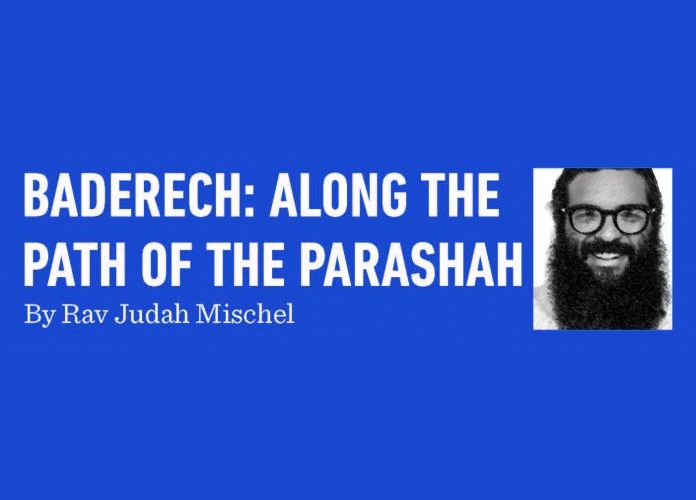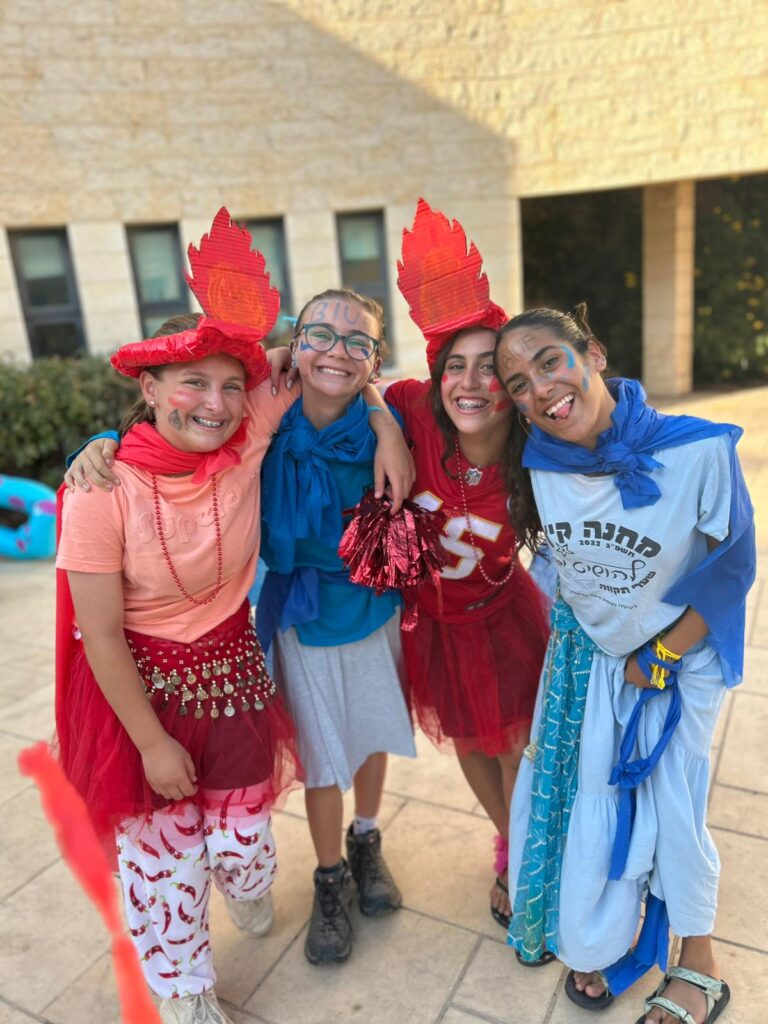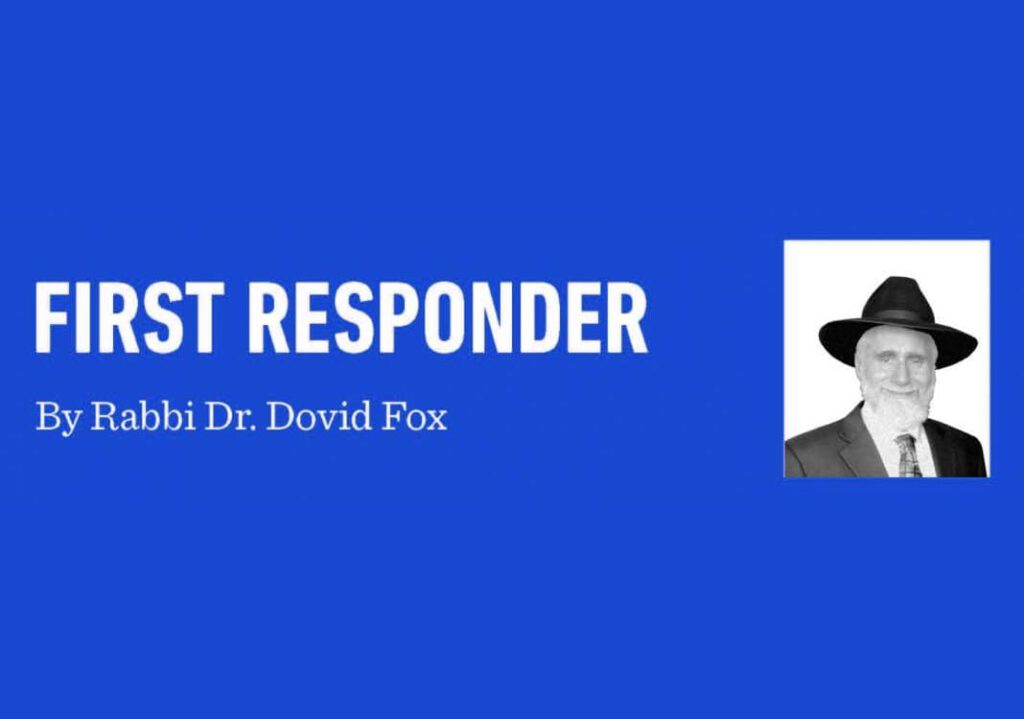Shoftim: Evolution
Rav Shlomo Freifeld, zt’l, was a legendary rosh yeshiva, builder of people and Torah, and master educator who was beloved for his simchas ha–chayim, his “joie de vivre,” happiness, positivity, and originality. A unique talmid chacham, legendary educator, and larger-than-life personality, he enjoyed particularly close, honest, and personal relationships with his students. Reb Shlomo founded Yeshiva Sh’or Yoshuv to create opportunities for young men at different stages of growth and development on the path of mitzvah observance and learning. The rav focused on individuals, warmly inviting each person into a haven of Torah. In this way, he enabled countless talmidim and families to unlock their latent spiritual potential and strive for greatness in Yiddishkeit.
A talmid muvhak of Rav Yitzchak Hutner, Reb Shlomo reflected his rebbi’s regal, Rabbinic presence, embodying kavod haTorah, a deep respect for the trappings, garb, and posture rooted in traditional Rabbinic appearance and custom. This form of kavod was enriched by his deep wisdom and charisma, and yet all of this was balanced by his personal warmth and down-to-earth approachability.
In a moment of thoughtful self-reflection, the rosh yeshiva commented on his own journey of growth. “At my bris milah, my father named me Shlomo, yet my mother still preferred to call me ‘Seymour.’ Don’t let the hat and beard fool you! I was ‘Seymour,’ not Shlomo!” Rebbe paused, letting the idea sink in. “But life is evolution, not revolution; we have to work consistently to tap more and more into the unlimited potential of our names. And we have to know that this mission is within our reach… Today, I am Shlomo.”
Following the mournful period of Bein haMetzarim and Tishah B’Av, over the course of seven weeks we are granted the relief and comfort of sheva d’nechemta, seven weekly haftarah portions that deliver a message of hope and optimism. The haftarah for this week’s sidrah, parashas Shoftim, is from Yeshayahu haNavi and includes this profound verse:
“For not in haste shall you go forth and not in a flurry of flight shall you go,
For Hashem is marching before you, and the G-d of Israel is your rear guard” (52:12).
In contradistinction to our exodus from Mitzrayim, which happened with great haste (Devarim 16:3), our haftarah foretells that the final geulah will be different: “You will not go out in haste.” When it came to leaving Egypt, we were mired in the lowest depths of impurity, and had we stayed a moment longer we would have passed the point of no return. Therefore, we needed to be removed in a flash, and with many miracles. The final redemption, however, is unfolding stage after stage, “marching” forward step by step, slowly and deliberately.
Rav Yaakov Bender, shlita, a master educator and rosh yeshiva of Darchei Torah in Far Rockaway, refers to a beautiful teaching of the Maharal examining the different modes of redemption. While filled with great illumination, miracles, and excitement, Geulas Mitzrayim happened in an instant, and like a flash of lightning, the freedom we experienced did not last. On the other hand, Am Yisrael always remembers this Exodus and we draw strength from it while traversing the purification and suffering of galus on the way to complete geulah. The final, eternal geulah will be the culmination of a lengthy process, and that is why its freedom will be everlasting.
This week’s haftarah is also another step on the seven-runged ladder upon which we ascend toward Rosh Hashanah. Its message, as well as the inspiration and insight of these seven weeks, prepares us for the upcoming “season” of teshuvah and subsequent Yamim Nora’im. With the onset of Chodesh Elul, our focus is on “beginning again,” returning to our highest aspirations and our true selves. It is a process of both discovery and recovery. Perhaps even more accurately, teshuvah is “uncovery”—revealing who we really are by working through layers of kelipah and inner galus, slowly peeling off the coverings that separate us from knowledge of who we are, and from the righteous action that flows from this authentic identity.
Teshuvah is not done in haste; it does not demand a sudden change of lifestyle, but a deliberate, sustained change of direction. It takes steady repetition of the decision to steer toward our spiritually healthy baseline. It is a journey of restoration made of countless small steps, baderech.
As the great rosh yeshiva previously known as “Seymour” taught, “Teshuvah is evolution, not revolution”—and it is within our reach. n
Rav Judah Mischel is executive director of Camp HASC, the Hebrew Academy for Special Children. He is the founder of Tzama Nafshi and the author of the “Baderech” series. Rav Judah lives in Ramat Beit Shemesh with his wife Ora and their family.













